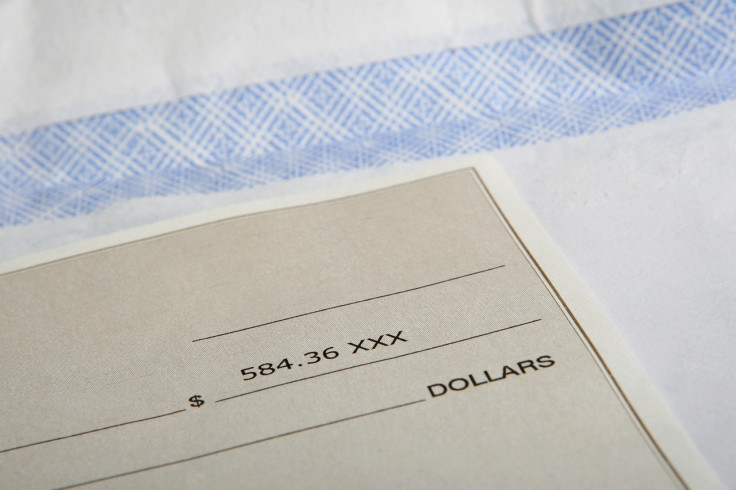Stimulus Payment November 2025: Which States Could Issue Targeted Relief Cheques Before Year-End
Trump recently hinted at $2,000 dividend cheques amid ongoing discussions about relief payments in 2025

Speculation about the US Internal Revenue Service (IRS) issuing relief payments in November has grown, following comments from former President Donald Trump. He suggested he plans to distribute $2,000 (£1,518) stimulus cheques funded by tariffs collected from imports.
In September, the US Treasury collected approximately $33 billion (£25 billion) from tariffs—import taxes passed on to consumers through higher prices. Trump argued that redirecting this revenue into direct payments could help offset the rising costs faced by many Americans.
'A dividend of at least $2,000 a person (not including high-income people!) will be paid to everyone,' Trump stated in a recent post on Truth Social. However, there has been no official confirmation that these relief cheques will arrive in November, and they are unlikely to do so.
To date, neither the IRS nor any other government agency has announced additional federal stimulus payments for 2025. Last month, rumours circulated claiming that Americans might receive a cheque of around $1,702 (£1,292), but these appeared to reference Alaska's annual Permanent Fund Dividend (PFD).
In February, Trump also floated the idea of distributing $5,000 (£3,796) in Dogecoin (DOGE) dividends during a summit in Miami, but no further details or payments materialised from that proposal.
Which States Will Distribute Relief Payments in November?
Although there's no nationwide relief payment scheduled for November, residents in three US states will receive targeted payments this month.
New Yorkers to Receive Inflation Refund Cheques
The New York Department of Taxation and Finance announced that over 8 million residents will begin receiving inflation refund cheques from late September through November. The refunds aim to cushion the impact of high inflation.
The payments range from $150 (£113) to $400 (£303), depending on tax filing status. These are automatic refunds—eligible residents do not need to sign up or apply. Qualification is based on the 2023 tax year, with the filing deadline of 15 April 2024.
To qualify, residents must have filed Form IT-201 as a New York state resident, reported income within the qualifying thresholds, and not been claimed as a dependent on another taxpayer's return.
Joint filers with a 2023 adjusted gross income of up to $150,000 (£113,898) will receive $400 cheques. Those earning between $150,001 and $300,000 (£227,797) will get $300 (£227).
Alaska Permanent Fund Dividends (PFD)
Alaska's PFD shares a portion of state oil revenues with residents to support local economies. For 2025, the payout is $1,000 (£759), down from $1,702 (£1,292) in 2024.
Applications marked as 'Eligible-Not Paid' as of 12 November will receive their dividends on 20 November. To qualify, residents must have lived in Alaska throughout 2024, plan to stay permanently, not claimed residency elsewhere in the past two years, and have no serious criminal record.
Family First Economic Support Pilot (FFESP) in California
This programme provides financial support to lower-income families in Sacramento County, California. Funded through State Block Grant, it offers $725 (£550) per month for one year to parents or guardians caring for children up to five years old, who are African American, American Indian, or Alaska Native.
Families must be under 200% of the federal poverty level. The final disbursement for 2025 is scheduled for November.
What's Next for US Relief Payments?
While there's no definitive evidence of a nationwide stimulus in the pipeline, these targeted programmes highlight ongoing efforts to support Americans amid economic pressures. The possibility of further federal relief payments remains uncertain, especially as discussions about broader stimulus packages continue to surface.
Despite the lack of official confirmation, the focus on state-level aid reflects the continued importance of targeted relief in addressing local economic challenges. As the year draws to a close, eligible residents in these states will be watching closely for their upcoming payments.
Disclaimer: Our digital media content is for informational purposes only and not investment advice. Please conduct your own analysis or seek professional advice before investing. Remember, investments are subject to market risks and past performance doesn't indicate future returns.
© Copyright IBTimes 2025. All rights reserved.

















